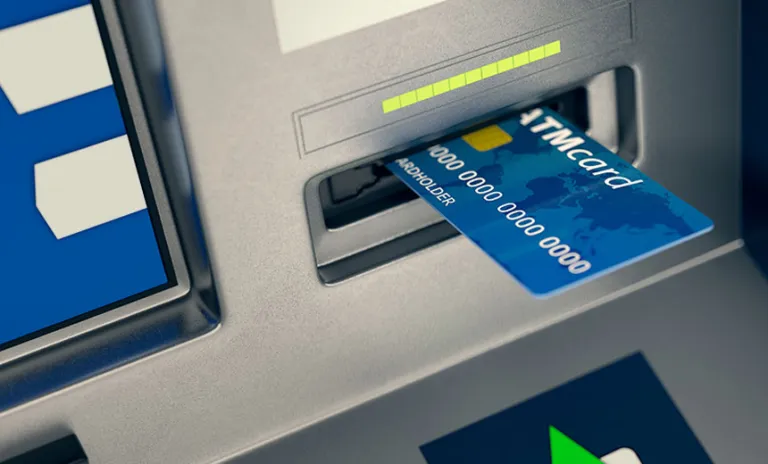The Central Bank of Nigeria, CBN, has disclosed that the value of Automated Teller Machine (ATM) transactions in the country fell year-on-year (YoY) by 13.6 percent to N28.2 trillion in 2023 from N32.65 trillion in 2022.
This is according to the apex banks’ latest statistical bulletin, which was released earlier in March 2024, indicating that the volume of ATM transactions also declined YoY by 7 million or 0.5 percent to 1.38 billion in 2023 from 1.387 billion in 2022.
The bulletin further disclosed that while the value of ATM transactions suffered loss, the volume and value of Web Pay or internet transactions grew during the period, surpassing that of the latter and indicating a rise in the value of internet transactions, which grew YoY by 40 percent.
This data represents an upward trajectory from N783.66 trillion in 2022 to N1,097 trillion in 2023, while in 2022, the volume of transactions done through the internet had reportedly increased YoY by 54.7 percent to 21.75 billion from 14.06 billion.
The decline in the volume and value of ATM transactions in Nigeria found its genesis during the previous administration’s attempts at redesigning the naira, particularly the N200, N500 and N1,000 notes, in what was described as a bid to rein in inflation and mop up currency outside banks.
While this attempt by the CBN under the Muhammadu Buhari-led administration to introduce various policies that were aimed at growing financial inclusion and meeting the CBN’s cashless policy target proved futile, its repercussions were enormous, including a very high rate of cash scarcity that prevailed in the country during the first quarter of 2023.
This gave rise to an increase in the use of internet banking, mobile transfers, wallets and Point of Sale (PoS) for payment transactions by both individuals and organizations—small-scale businesses, vendors and even market men and women who have seemingly adopted and maintained the practice of digital payment systems in Nigeria.




